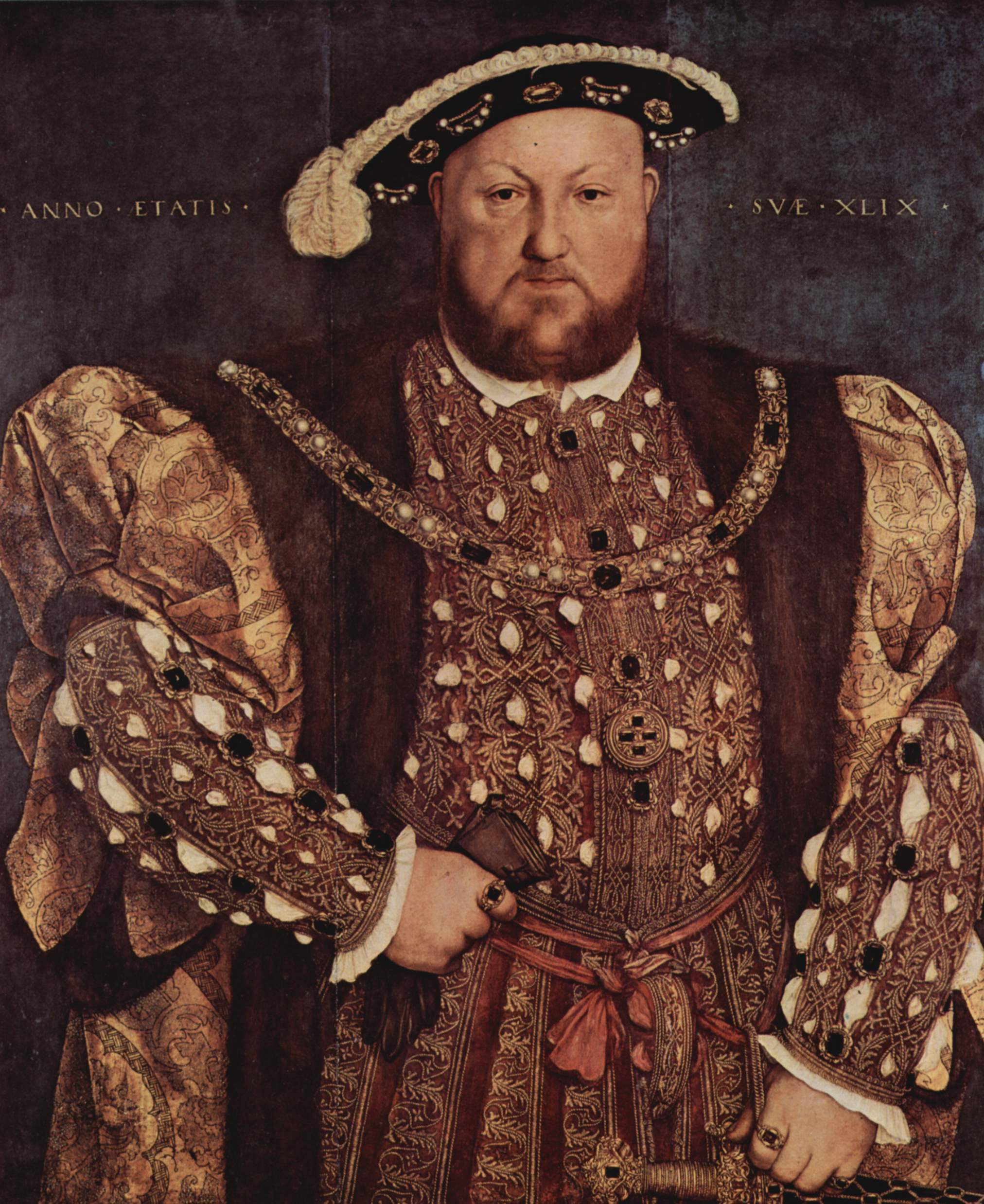 |
| statue carved by Harriet Goodhue Hosmer |
Actually, no, that was Hypatia.
Oops.
Zenobia was a 3rd century Syrian queen who conquered Eqypt and told the Roman empire to take their gladius(es? gladia?)and pilums and stick 'em where the sun don't shine. However, like her ancestor Cleopatra, Rome ended up defeating her troops, and Aurelian paraded her through the streets in golden chains.
Both women were brilliant and fascinating historical figures. From Wikipedia:
The contemporary Christian historiographer Socrates Scholasticus described her in Ecclesiastical History:
| “ | There was a woman at Alexandria named Hypatia, daughter of the philosopher Theon, who made such attainments in literature and science, as to far surpass all the philosophers of her own time. Having succeeded to the school of Plato and Plotinus, she explained the principles of philosophy to her auditors, many of whom came from a distance to receive her instructions. On account of the self-possession and ease of manner which she had acquired in consequence of the cultivation of her mind, she not infrequently appeared in public in the presence of the magistrates. Neither did she feel abashed in going to an assembly of men. For all men on account of her extraordinary dignity and virtue admired her the more.[8] |
Sources also describe Zenobia as carrying herself like a man, riding, hunting and drinking on occasion with her officers.[2] Well educated and fluent in Greek, Aramaic, and Egyptian, with working knowledge of Latin, tradition accords her renown for hosting literary salons and surrounding herself with philosophers and poets, the most famous of these being Cassius Longinus.[2][3]
Too often, women are portrayed as invisible, powerless, or purely sexual objects in movies or historical fiction, not as the strong, powerful, integral part of society they often were. As the old Chinese proverb says, "Women hold up half the sky." (The statue of Zenobia, above, was created by a female sculptor in 1859, then debate raged for some years because it was thought too good to have been created by a woman.)
History is recorded by the victors, and details may be altered to make for a more flattering account, or to please the current powers-that-be. Political correctness is not a recent invention. Then when Hollywood gets its hands on it... whatever truth might have remained often gets tossed out the window, in the interest of "telling a better story."
Some recreations are amazing. I though James Cameron's Titanic was very well done, as was the HBO mini-series John Adams. Others...

Does it matter that people believe the Oliver Stone version of the JFK assassination, the Ron Howard vision of Apollo 13, or that Achilles, as portrayed by Brad Pitt in Troy, was straight?
Is it more important to get the look and feel of the period right, or the facts straight?
Does it matter that in many movies, Catherine of Aragon, Henry VIII's Spanish wife, is portrayed with black hair, thick black eyebrows and an olive complexion, rather than the way she really looked?
Is that a picky detail that nobody cares about, or a sign of sloppiness or laziness on the part of the casting and costuming?
Or that Henry, in later years, looked like this Rather than this?

Which Henry would you rather have climbing on top of you?
Personally, I cringe at the whole "let's make it a better story" mindset. As a writer, I understand that sometimes people and events needs to be conflated to make for cleaner storytelling. In Gone with the Wind, the book, Scarlett had two sisters and three children, while in the movie she only had one of each, but that was one form of fiction being translated to another.
I'm not as comfortable with "cleaning up" historical figures and events, and making them more the way we might wish they had been. That way leads to Dinosaur Adventure Land, where kids could learn about how Jesus was buds with the Dinosaurs, and how dinosaurs might still be around today.
Call me a stick-in-the-mud, but I'd rather have verifiable facts than truthiness. I'd rather not have women Photoshopped into or out of historical recreations, but portrayed as accurately as possible. And yes, I want them to get the damn hair color, age, sizes, and shapes of the major players as close to accurate as possible, too.
What annoys you about historical recreations?
What do you think they get right - and where do you think they get off-track?
And with this, dear readers, I am done with the A-Z challenge! Did you make it all the way?



